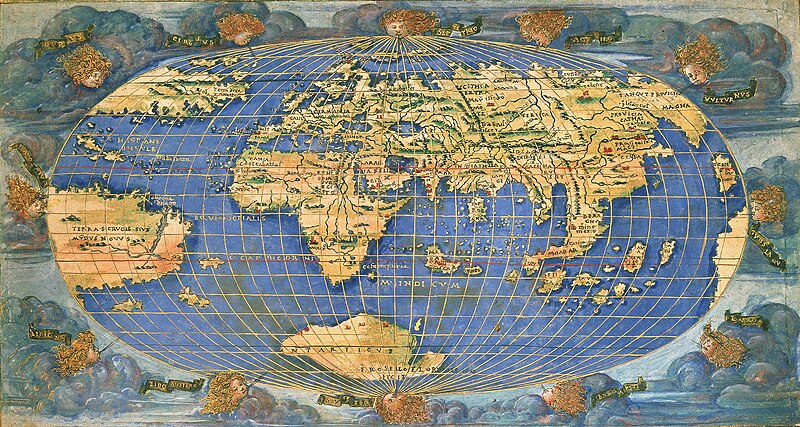
The Age Of Exploration
Tales of Adventure And Discovery
The Age of Exploration marks a pivotal era in human history, characterised by intrepid explorers venturing into uncharted territories in search of new lands, riches, and knowledge. This period, spanning from the 15th to the 17th century, witnessed a remarkable surge of maritime expeditions that forever reshaped our understanding of the world. The tales of adventure and discovery created by this epoch continue to captivate our imaginations and inspire a sense of awe for those courageous souls who dared to voyage into the unknown.
Columbus
One of the most renowned explorers of this era is Christopher Columbus, whose transatlantic journey in 1492 opened the door to the vast, unexplored continents of the Americas. His expedition not only connected Europe with the New World but also paved the way for subsequent explorations, trade routes, and the exchange of goods, ideas, and cultures between East and West. Columbus’ daring voyage ignited a spark of curiosity and ambition that spurred countless others to set sail and seek their own fortunes and adventures across the vast oceans. You can read more about Columbus in another article focused on him – and some of the associated controversies -, here.
Magellan
Another legendary figure of the Age of Exploration was Ferdinand Magellan, whose expedition in the early 16th century achieved the first circumnavigation of the globe. Magellan’s voyage demonstrated the spherical nature of the Earth and shattered long-held beliefs about the boundaries of the known world. The challenges faced during this historic journey, including treacherous storms, mutinies, and encounters with indigenous cultures, showcased the indomitable spirit and resilience of these explorers, pushing the limits of human achievement.
The Trend Of Exploration
The Age of Exploration was not limited to the most well-known names like Columbus and Magellan. Countless other intrepid explorers embarked on daring expeditions, each with their own stories of triumph, adversity, and discovery. From Vasco da Gama’s pioneering voyage to find a sea route to India, to James Cook’s epic exploration of the Pacific Ocean, these brave individuals ventured into uncharted waters, navigated treacherous seas, and encountered new lands, peoples, and wildlife previously unknown to the world.
These tales of adventure and discovery from the Age of Exploration continue to inspire us today. They highlight our innate human curiosity and desire to explore, to push the boundaries of our knowledge. They showcase the courage, determination, and resilience of the early explorers who embarked on such perilous journeys with limited navigational tools and technology.
The Consequences Of Discovery
The Age of Exploration brought about profound cultural, scientific, and economic transformation. It facilitated the exchange of goods, ideas, and technologies between different regions of the world, fostering globalisation and reshaping societies. It led to the expansion of colonial empires – for good and ill, the development of new trade routes, and the exploration of new frontiers in science, cartography, and astronomy. They laid the foundation for the advent of the modern world, shaping our understanding of geography, cultures, and the interconnection of nations.
This era continues to inspire, reminding us of the transformative power of exploration. It also serves as testament to the indomitable human spirit and our unyielding quest to uncover the mysteries of the world and expand our horizons.